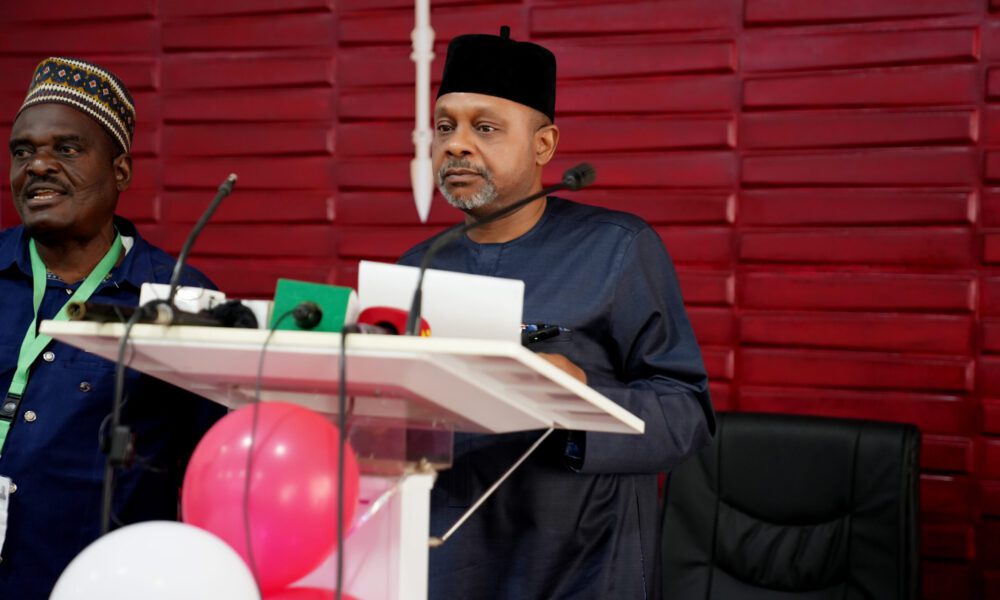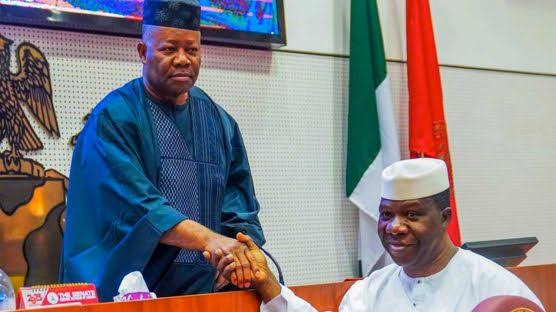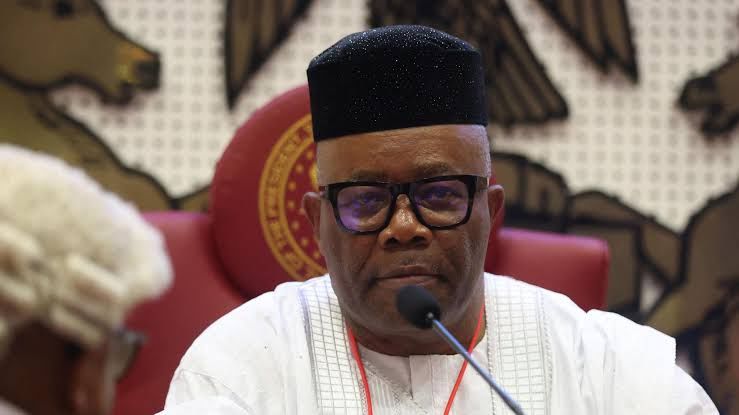***As bill scales second Reading
Lawmakers in the Upper legislative Chamber of the national Assembly overwhelmingly threw their weight behind the Investments and Securities Bill, 2024 (SB. 128), aimed at repealing the outdated Investments and Securities Act of 2007.
The significant move is aimed at revitalizing Nigeria’s capital market bolster it and promote economic diversification in a significant step towards achieving a more transparent, efficient, and robust financial system.
This bill which seeks to establish the Securities and Exchange Commission (SEC) as the apex regulatory authority for the Nigerian capital market, is to ensure its alignment with global best practices while promoting transparency, investor protection, and economic growth.
Leading the debate, Senator Michael Opeyemi Bamidele, the Senate Leader, highlighted the bill’s comprehensive structure and its potential to revolutionize Nigeria’s capital market. He emphasized that the legislation is essential for fostering capital formation, maintaining market integrity, and mitigating systemic risk.

Senator representing Kogi East, Isah Jibrin Echocho praised the bill for addressing overlaps in regulatory functions, particularly regarding the management of unclaimed dividends, which he argued should solely be under the SEC’s purview.
“This amendment is very important to ensure that the SEC does its job in line with global best practice,” Jibrin stated, asserting that clarifying roles will enhance regulatory effectiveness.
Adding to the discussion, Senator representing Gombe South Anthony Siyako Yaro described the bill timely and well-structured, stressing that it brings the right personnel into their respective roles.
He noted the need for the legislation to adapt to emerging financial instruments, such as cryptocurrencies, thereby ensuring that Nigeria remains competitive in the global economy.
Senator Mohammed Ademo Aliero echoed these sentiments, asserting that the bill is crucial for restoring investor confidence in the capital market, which has been marred by fraudulent practices. “This bill should be supported by everybody,” Aliero urged, highlighting that fostering a safe investment environment is vital for attracting foreign direct investment and expanding Nigeria’s economy.
Senator Ahmed Wadada Aliu stressed the importance of effective regulation for economic growth, emphasizing that robust enforcement and compliance mechanisms are crucial for building investor trust.
He urged fellow senators to recognize the potential of new financial instruments and the need for public education regarding their benefits.
Senator Adetokunwa Abiru underscored the bill’s role in facilitating stable long-term funding, which is essential for economic development, particularly in a climate of high-interest rates. He expressed confidence that the bill would enhance the capacity of the capital market and improve the overall financial landscape.
Concluding the debate, Senate President Godswill Akpabio acknowledged the unanimous support for the bill, affirming that the reduction of systemic risk is paramount for attracting investment. He called for a vote, which resulted in overwhelming approval for the bill to proceed to its second reading.
The Senate’s strong support fir the signals a commitment to revitalizing the country’s economic framework, paving the way for future growth and investment.




